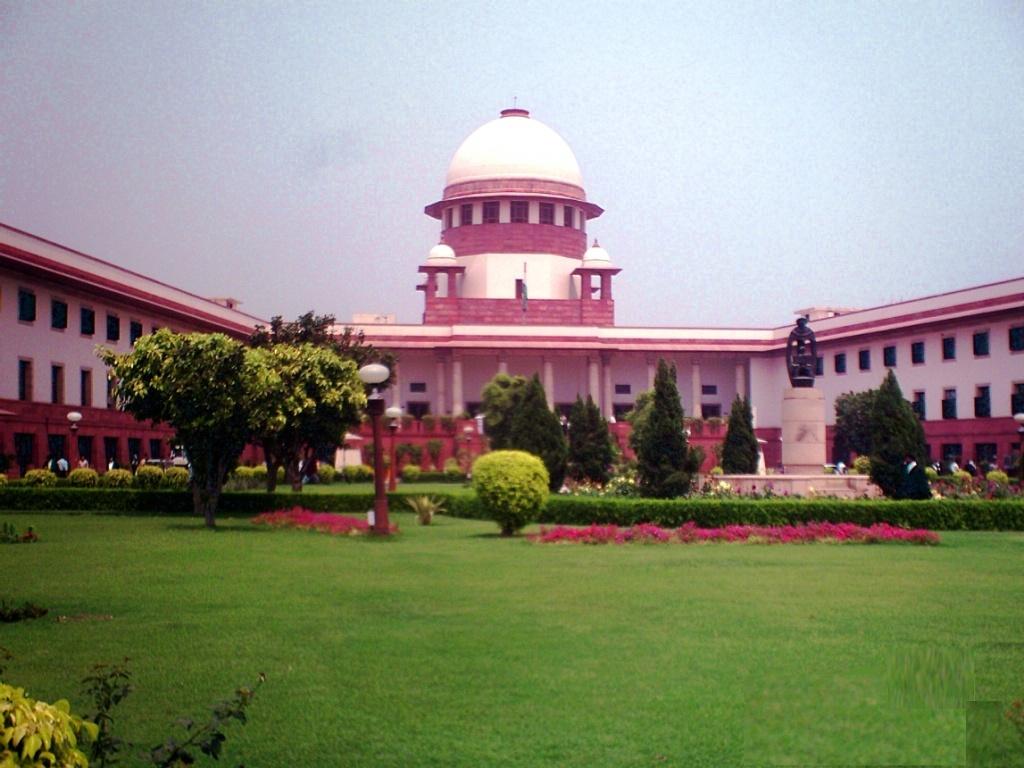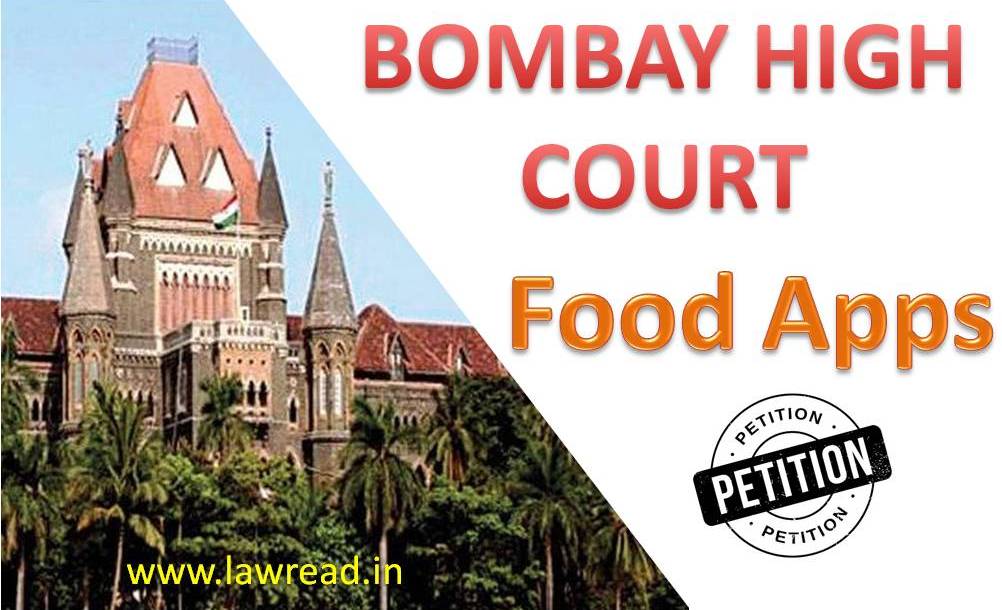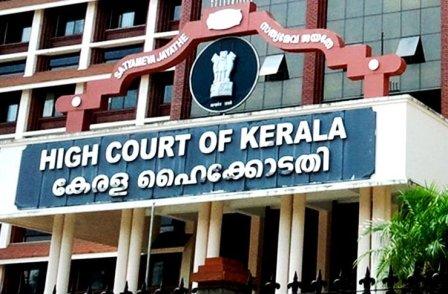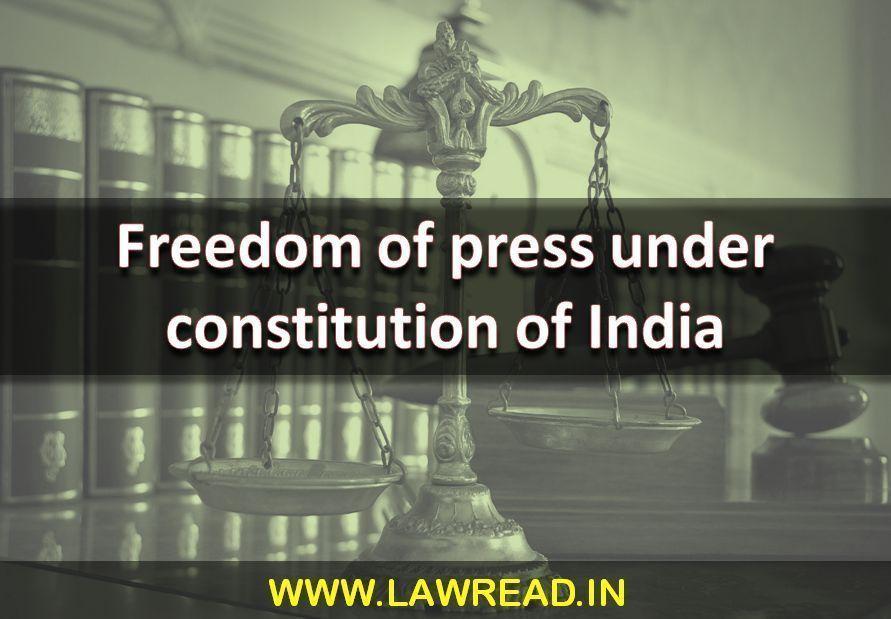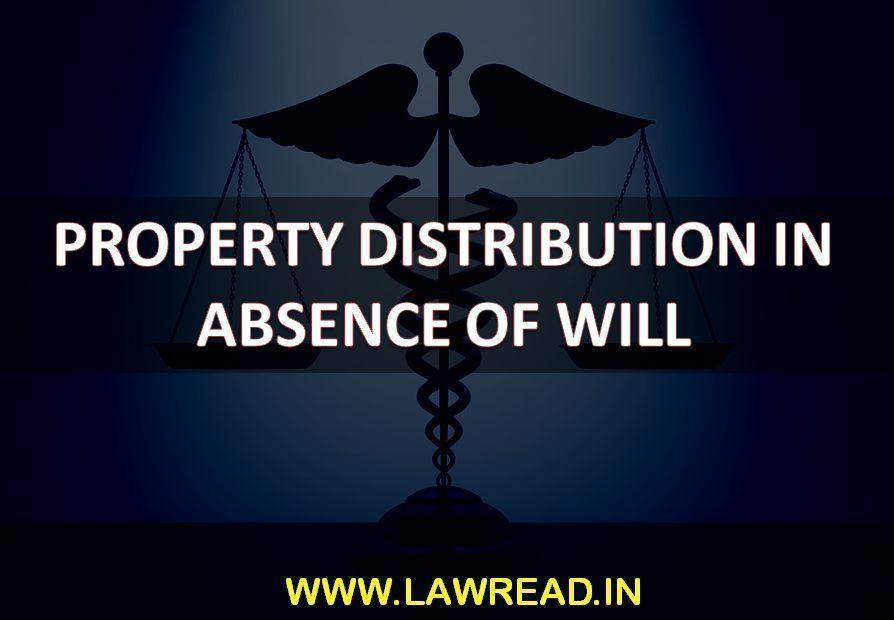HOMOSEXUALITY IN INDIA
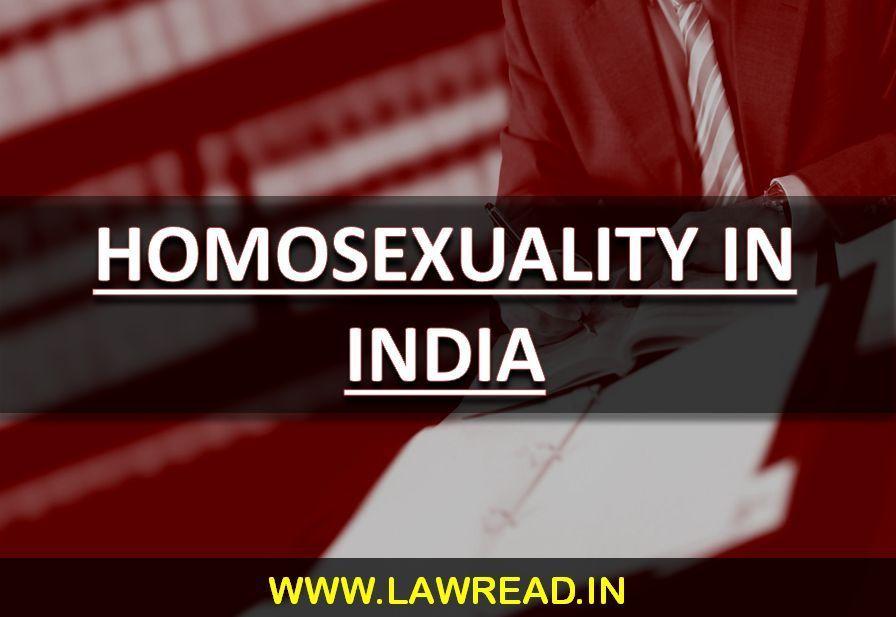
We as a society are against several activities and homosexuality is one of them. It was considered a criminal activity. Even if the sexuality of a person is a matter of biological arrangement not being a personal choice. Our society considers it to be one of the diseases or worse. Then, in 2018 in a historic judgment, Section 377 of the Indian Penal Code was decriminalized, which made private homosexual relations legal. Back in 2018, the homosexual community thought this change would bring a great effect on their lives and in their battle to be a part of society. But the hike in suicide cases of homosexuals proves that decriminalization of Section 377 of the IPC has not brought the fulfilling effect that it was expected to bring.
The case of two women, named Asha Thakor and Bhavna Thakor, aged 30 and 28 respectively, jumped to their death in the Sabarmati river. They left two suicide notes near Ellis bridge. A message was scribbled with red lipstick near the Sabarmati river that read, “We have left this world to live with each other. The world did not allow us to stay together. We did not have any men with us.”.
They ended their lives because their same-sex relationship was contradicted by the world. They also ended the life of an innocent three-year-old girl, who, according to sources, was the child of one of them.
Section 377could be explained as ‘unnatural offenses’ and provides that whoever voluntarily has intercourse against the order of nature with any man, woman, or animal, shall be punished with imprisonment for life, or with imprisonment of either description for a term which may extend to 10 years, and shall also be liable to pay a fine.
Portions of the section were first struck down as unconstitutional with respect to gay sex by the Delhi High Court in July 2009. That judgment was overturned by the Supreme Court of India (SC) on 11 December 2013 in Suresh Kumar Koushal vs. Naz Foundation. The Court held that amending or repealing section 377 should be a matter left to Parliament, not the judiciary. On 6 February 2016, a three-member bench of the Court reviewed curative petitions submitted by the Naz Foundation and others and decided that they would be reviewed by a five-member constitutional bench.
On 24 August 2017, the Supreme Court upheld the right to privacy as a fundamental right under the Constitution in the landmark Puttaswamy judgment. The Court also called for equality and condemned discrimination, stated that the protection of sexual orientation lies at the core of the fundamental rights and that the rights of the LGBT population are real and founded on constitutional doctrine.
Some LGBT rights NGOs filed a petition in the Delhi High Court in the year 2001, questioning the constitutionality of Section 377 of the Constitution under Sections 14, 15, and 19. In July 2006, in support of the Delhi High Court petition, a national AIDS control body submitted an affidavit stating that “Section 377 acted as an impediment to HIV prevention efforts”. In 2009, a landmark judgment was passed by the Delhi High Court holding Section 377 to be in violation of Articles 21, 14, and 15 of the Constitution, insofar as it criminalized adult consensual sexual acts in private. Few realized that this was not a challenge to Indian tradition and culture and that the rule of the Victorian era was simply a legacy of European prejudices against homosexuality.
On 11 December 2013, the Delhi HC verdict that decriminalized consensual sex between adult homosexual men was reversed by the Supreme Court in a verdict made by Justice G.S. Singhvi. But the SC also told the government that, through legislation, it was free to repeal the statute.
In January 2018, the Supreme Court agreed to hear a petition to revisit the 2013 Naz Foundation judgment. On 6 September 2018, the Court ruled unanimously in Navtej Singh Johar v. Union of India that Section 377 was unconstitutional. The judgment was given by a five judges bench comprising the then-Chief Justice of India Dipak Misra, Justices R. F. Nariman, D. Y. Chandrachud, A. M. Khanwilkar, and Indu Malhotra. In their landmark judgment, held Section 377 of IPC unconstitutional insofar as it criminalized sex between consenting adults of the same gender. Additionally interfering in the private life of two individuals is a violation of the right to privacy.
Suicide among the homosexual community
An alarming situation has been created the increase in cases of suicides of homosexuals. In July 2019 a 19-year-old boy named Avinshu Patel killed himself in Chennai because he was tired of people making fun of him and not acknowledging his true identity. He was a Mumbai resident who worked in a beauty salon. He was given advanced training to be a nail artist because he was good at his job. He wrote a Facebook post on his wall before taking his own life that read, “They all know that I am a boy but the way I walk, think and talk is like a girl. People in India do not like that, read the Facebook post. He added further,
“Please don’t hold my family to blame. Just help them. We are impoverished. I’m in love with my mother, dad, and sister. I thank them for always supporting me. It is not my fault that I was born gay”.
Another case of suicide is of a 21-year-old college student named Anjana Harish committed suicide on May 12, 2020, according to the Goa police. She posted a video on her Facebook before doing so, remembering the terrible circumstances she had to face since December 2019 after she announced that she is bisexual to her family. She was reportedly coerced by her family into conversion therapy. Anjana said she was forcefully taken to two ‘de-addiction centers’ by her family, without her permission. She was slapped, she said in the video, as she tried to explain that there was nothing wrong with her. Then she was placed on heavy medicine at these clinics, she said.
There are numerous such other cases among which few are reported and a whole lot of cases that remain unreported. Avinshu’s case tells us about how it is still a challenge for someone like him to be a part of society. Anjana’s case says about the cruel outcomes that one has to face after coming out. It could be said that even today, people from the LGBT community find it easier to end their lives instead of fighting for their identity. Studies indicate that youths of the sexual minority were more than three times more likely than heterosexual peers to attempt suicide. In JAMA Paediatrics, researchers pooled data from 35 studies and found that young transgender people were at the greatest risk, almost six times as likely as heterosexual peers to attempt suicide. LGBTQ advocates argue that community members still face prejudice despite the Supreme Court decriminalizing homosexuality in 2018.


